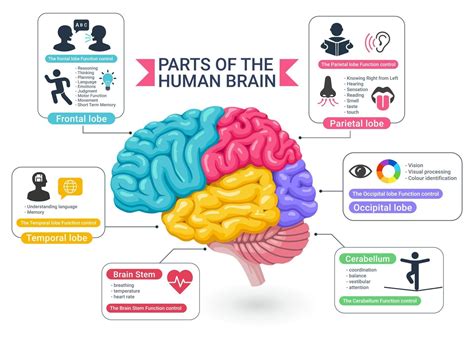In an increasingly demanding world, maintaining sharp focus and optimal cognitive function is more crucial than ever. While countless supplements promise a shortcut to brain power, the truth is that your brain’s most potent fuel comes from fundamental, often overlooked, aspects of your daily life. You don’t need to break the bank to give your brain the edge it deserves. Let’s explore how to naturally optimize your brain’s fuel for peak performance.
The Cornerstone of Cognitive Function: Nutrition
Your brain consumes a significant portion of your daily energy intake, and the quality of that energy profoundly impacts its function. Shifting your diet to prioritize brain-boosting nutrients is the first, most powerful step.
Complex Carbohydrates for Steady Energy
Unlike simple sugars that cause energy spikes and crashes, complex carbohydrates provide a slow, steady release of glucose, which is your brain’s primary energy source. Think whole grains like oats, quinoa, brown rice, and whole-wheat bread. These foods help maintain stable blood sugar levels, preventing the ‘brain fog’ associated with energy fluctuations.
Healthy Fats for Brain Structure
Omega-3 fatty acids, particularly DHA, are vital building blocks for brain cell membranes and play a critical role in brain health and cognitive function. Rich sources include fatty fish (salmon, mackerel, sardines), flaxseeds, chia seeds, and walnuts. Monounsaturated fats found in avocados, olive oil, and nuts also contribute to overall brain health.

Protein for Neurotransmitter Production
Proteins are broken down into amino acids, which are essential for producing neurotransmitters – the chemical messengers that allow brain cells to communicate. Incorporate lean proteins like chicken, turkey, eggs, legumes, and tofu into your diet to support healthy neurotransmitter function, crucial for mood, focus, and memory.
Antioxidants and Micronutrients
Fruits and vegetables are packed with antioxidants that protect brain cells from oxidative stress, which can impair cognitive function. Berries, dark leafy greens, broccoli, and turmeric are particularly potent. A diverse intake of vitamins and minerals, especially B vitamins and magnesium, also supports various brain processes.
Hydration: The Unsung Hero of Focus
Even mild dehydration can impair concentration, mood, and memory. Your brain is approximately 75% water, and adequate hydration is critical for maintaining its electrical activity and nutrient transport. Aim to drink plenty of water throughout the day. Herbal teas and water-rich fruits and vegetables also contribute to your daily fluid intake.

Sleep: The Brain’s Reset Button
No amount of healthy eating can compensate for chronic sleep deprivation. During sleep, your brain consolidates memories, clears out metabolic waste products (including those associated with neurodegenerative diseases), and repairs itself. Aim for 7-9 hours of quality sleep per night. Establish a consistent sleep schedule, create a relaxing bedtime routine, and optimize your sleep environment to support deep, restorative sleep.

Exercise: A Brain-Boosting Workout
Physical activity isn’t just good for your body; it’s phenomenal for your brain. Exercise increases blood flow to the brain, delivering more oxygen and nutrients. It also promotes the release of brain-derived neurotrophic factor (BDNF), a protein that supports the growth of new brain cells and enhances existing ones. Regular aerobic exercise, even moderate walking, can significantly improve focus, memory, and overall cognitive function.

Stress Management: Calming the Cognitive Storm
Chronic stress is a known enemy of focus and cognitive performance. It floods the brain with cortisol, which can damage brain cells and impair memory and decision-making. Incorporating stress-reducing practices into your daily routine is vital. Mindfulness meditation, deep breathing exercises, yoga, spending time in nature, or engaging in hobbies you enjoy can significantly mitigate the negative effects of stress on your brain.

Conclusion
Achieving peak focus and optimal brain function doesn’t require a cabinet full of expensive supplements. By focusing on foundational principles—a balanced diet rich in whole foods, adequate hydration, consistent quality sleep, regular exercise, and effective stress management—you provide your brain with all the fuel and support it needs to thrive. These natural strategies are not only more sustainable and cost-effective but also contribute to overall well-being, paving the way for sustained mental clarity and peak performance.




